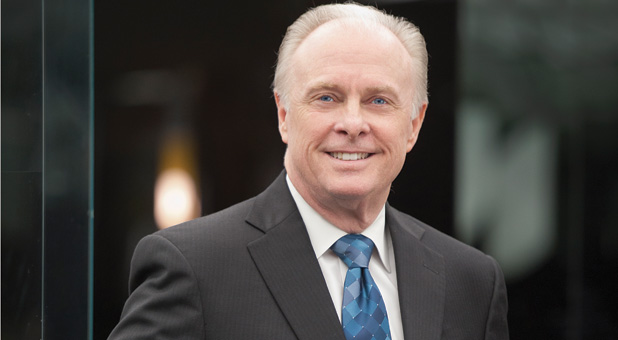Mark Rutland: 10 Things I Wish I’d Known When I Was 21
In an Amish kitchen in Bird-in-Hand, Pa., in the heart of Dutch country, I saw a sign I’ll never forget: “Too soon old, too late smart.” When I saw it, I thought it was memorable but hardly meaningful. I was 21. Now the words are meaningful, but I can barely remember the farmhouse. I am 64.
Sometimes I have the fantasy that I will sit up on my deathbed and cry out, “Oh, I get it,” and lie down again and die. The Amish have it right.
Recently a friend said he wished he were 21 again. The thought held little interest for me, but he made an intriguing counteroffer: What if you could be 21 and know what you know now?
That held more allure, but it begged a question: What, if anything, do I now know that I wish I had known at 21?
I came up with 10 things, none of which I think I would have placed on my priority list at age 21.
1. Inner healing is greater than outward success. It is probably impossible to arrive at 21, let alone 64, without wounds in the inner person—deep wounds that need God’s healing grace. The more I see of inner healing and the more I face up to my own inner wounds, the more I wish I had let Messiah touch my deepest hurts earlier in life. That childhood hurt, that hidden outrage, that long-suppressed horrific memory can lurk like a monster in the basement waiting for years, even decades, to rise and wreak havoc.
Hiding the monster, denying that it’s down there, is a dangerous game. The temptation is to create an alternative reality where success and accomplishment and appearances seem so very real and the monster but a mirage. If I were 21 again I would bore down into the inner world of me and find Christ’s healing touch in the darkness under the floorboards.
2. Mercy is greater than justice. I have found that many in the church want the wayward to “get what’s coming to them.” Too often, there is a shortage of mercy among the followers of Christ, who blessed the merciful in His most famous message, the Sermon on the Mount. Were I 21 again, I would learn and practice mercy, knowing that later I would need it.
Churches, boards, denominations and individual believers who hanker for justice when a colleague stumbles may be planting for a bitter harvest. They gloat over the sins of others, humiliate the fallen and demand their administrative pound of flesh.
Competitiveness and legalism are the death of mercy. Mercy makes love real, acceptance and understanding a practice, and tenderness a way of life.
3. Kindness is better than being right. Just before my friend Jamie Buckingham died, I asked him for a word of wisdom. He said, “It is better to be kind than to be right.”
At 21, I advocated my positions too aggressively. I argued with an eye toward winning, unconcerned about the heart of my “adversary,” who may not have been adversarial at all. I made debate a contact sport. In preaching I let the bad dog off the chain, to the applause of the gallery.
Should time travel be mine and were I to be back in the land of 21, I would be kinder and less concerned with being right. Too many young adults give little thought to kindness.
They Twitter hurtful words like poisonous birds. Their humor is mocking, acidic and unkind. And they are more concerned with being thought clever than with being kind. The value of gentleness has declined on the world market; if I were 21 again I would wish to know the worth of a kind word.
4. Serving is better than being served. Encircled by their entourages, the “success” merchants of modern Christianity place high dividends on being catered to. When I was a pastor, the church I led invited a singing group to come minister. Their list of special demands, including a particular type of orange cut into equal fourths (I kid you not), was five pages long. We canceled.
I wish I had known at 21 how hollow is all that outward stuff. I wish I had known that caring, not being cared for, is what Christ had in mind.
I wish I had changed more diapers instead of leaving that to my wife. I wish I had served more meals, carried more bags, held more doors and lightened more burdens.














































